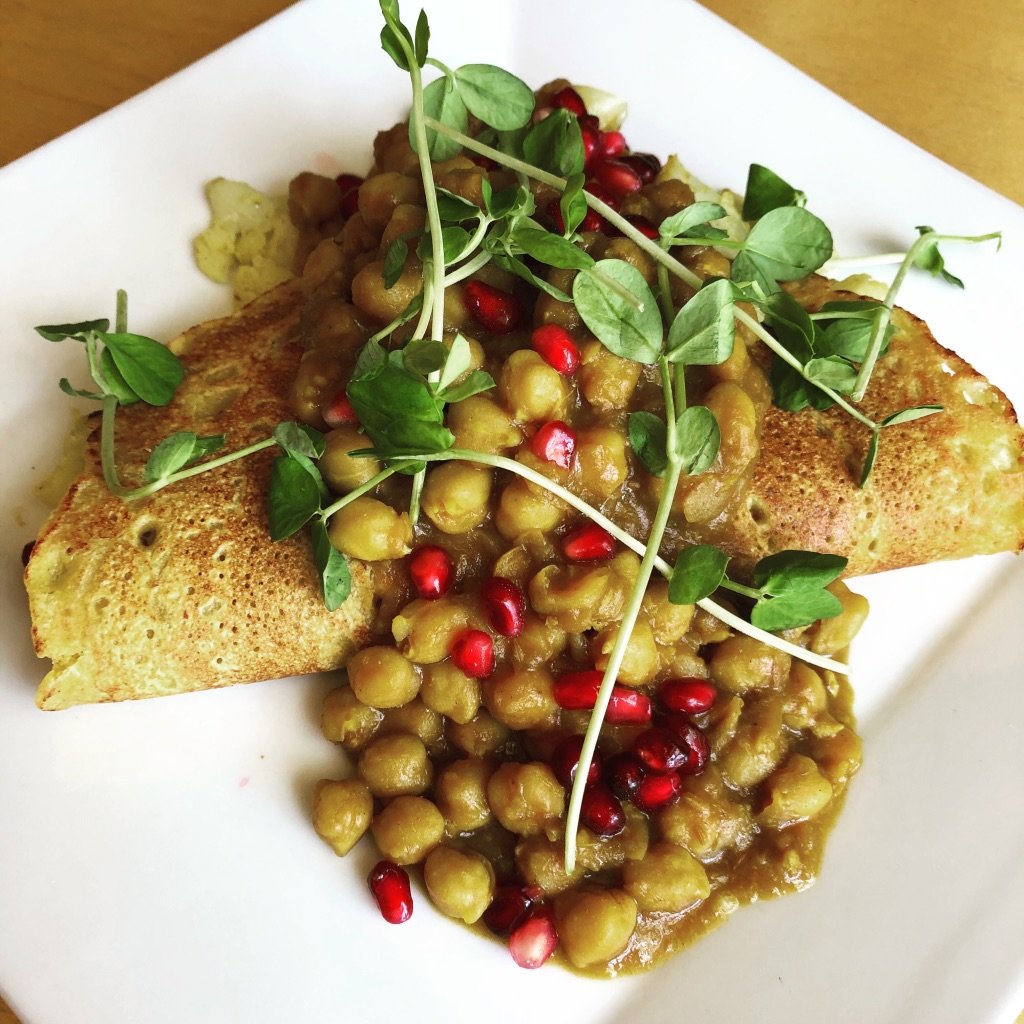How Pressure Cooking Can Ease Digestion of Beans & Legumes
Many people experience digestive issues like gas and bloating after eating certain foods, particularly legumes, grains, and cruciferous vegetables. These foods contain complex carbohydrates, fibers, and compounds that are difficult for some people to digest. However, using a pressure cooker to prepare these foods may significantly reduce the chances of bloating and discomfort. Here's why:
1. Breakdown of Complex Carbohydrates
Beans, lentils, and other legumes are notorious for causing gas because they contain oligosaccharides, a type of carbohydrate that the human digestive system struggles to break down. These carbohydrates reach the large intestine undigested, where gut bacteria ferment them, releasing gas as a byproduct.
When cooked under high pressure, the pressure cooker’s heat and steam help break down these complex carbohydrates, making them easier for your body to digest. This reduces the amount of undigested material that reaches your intestines, preventing gas formation.
2. Soften Fibrous Foods for Easier Digestion
Cruciferous vegetables like broccoli, cauliflower, and cabbage are high in fiber and can cause bloating, especially if they are not cooked thoroughly. A pressure cooker quickly softens these fibrous vegetables, breaking down the tough fibers and making them easier to digest. The softened fibers move through the digestive tract more smoothly, reducing the likelihood of gas and bloating.
3. Reduces Anti-Nutrients
Certain foods, such as beans, grains, and some vegetables, contain anti-nutrients like phytic acid and lectins. These compounds can interfere with digestion and nutrient absorption, potentially leading to bloating and discomfort. The high pressure and heat in a pressure cooker help to neutralize many of these anti-nutrients, making the food easier to digest and more nutritious.
For example, pressure cooking can reduce lectins in beans and grains, which are known to cause digestive discomfort. Similarly, phytic acid, which can bind to minerals and reduce their absorption, is significantly reduced when these foods are pressure cooked.
4. Better Retention of Nutrients
Though many believe that intense heat might destroy nutrients, pressure cooking is an exception. Because it uses steam and high pressure, foods are cooked much faster, which helps preserve more of their nutrients compared to traditional methods. Additionally, better nutrient absorption through pressure cooking can support healthier digestion overall, contributing to reduced bloating and gas.
5. Prevents Overcooking
Overcooking food in conventional cooking methods can sometimes make it harder to digest. Pressure cooking shortens cooking times, ensuring that foods are cooked just enough to break down tough fibers and complex carbohydrates without turning them into mush, which could negatively affect digestion.
6. Improved Protein Digestibility
Certain proteins found in legumes and grains, like gluten and other storage proteins, can be hard for some people to digest. Pressure cooking has been shown to enhance the digestibility of these proteins, making them less likely to cause irritation or bloating in sensitive individuals.
7. Enhanced Flavor Without Additives
Another advantage of pressure cooking is that it enhances the natural flavor of foods without the need for extra fats or heavy seasonings. Many of these additives, like excessive oils or spices, can contribute to digestive discomfort. By enhancing the flavor of the food naturally, pressure cooking reduces the need for ingredients that might otherwise trigger bloating.
If you often suffer from gas and bloating, incorporating a pressure cooker into your kitchen routine might be an easy solution. The process of high-pressure steam cooking helps break down difficult-to-digest compounds, neutralize anti-nutrients, and soften fibers, leading to a gentler digestion process. By reducing gas-forming ingredients and making food easier to absorb, pressure cooking can be a game-changer for your digestive health.
Tips for Best Results:
Soak beans and grains before pressure cooking to further reduce gas-producing compounds.
Add digestive aids like ginger or asafoetida (a traditional spice known for preventing gas) to your pressure-cooked meals.
Monitor cooking times carefully to avoid overcooking and retain optimal nutritional benefits.
Pressure cooking is not only a time-saver but also a potential remedy for those prone to digestive issues. With the right techniques, it can help you enjoy your favourite meals without the unwanted side effects of bloating and gas.

